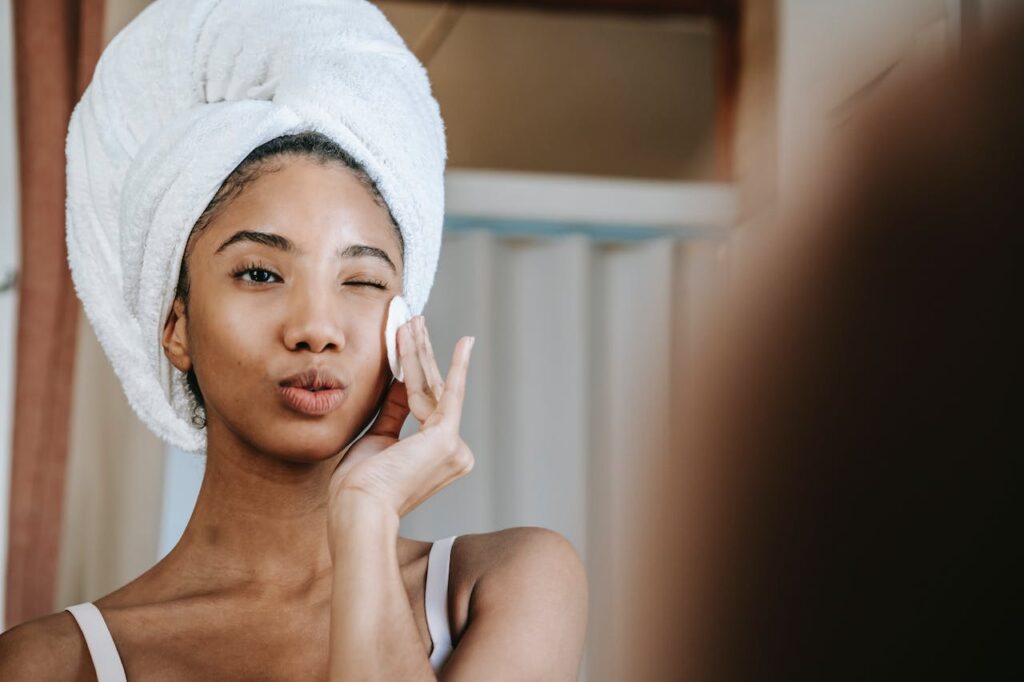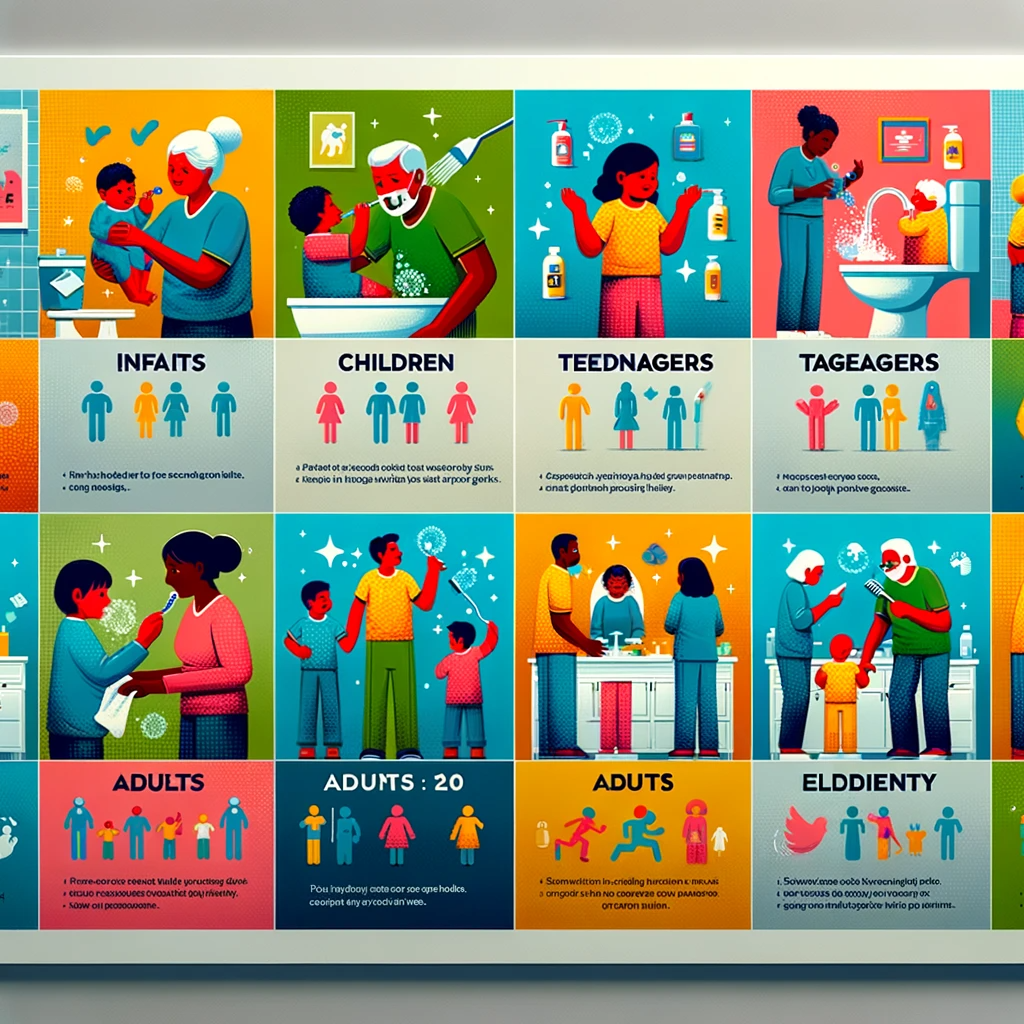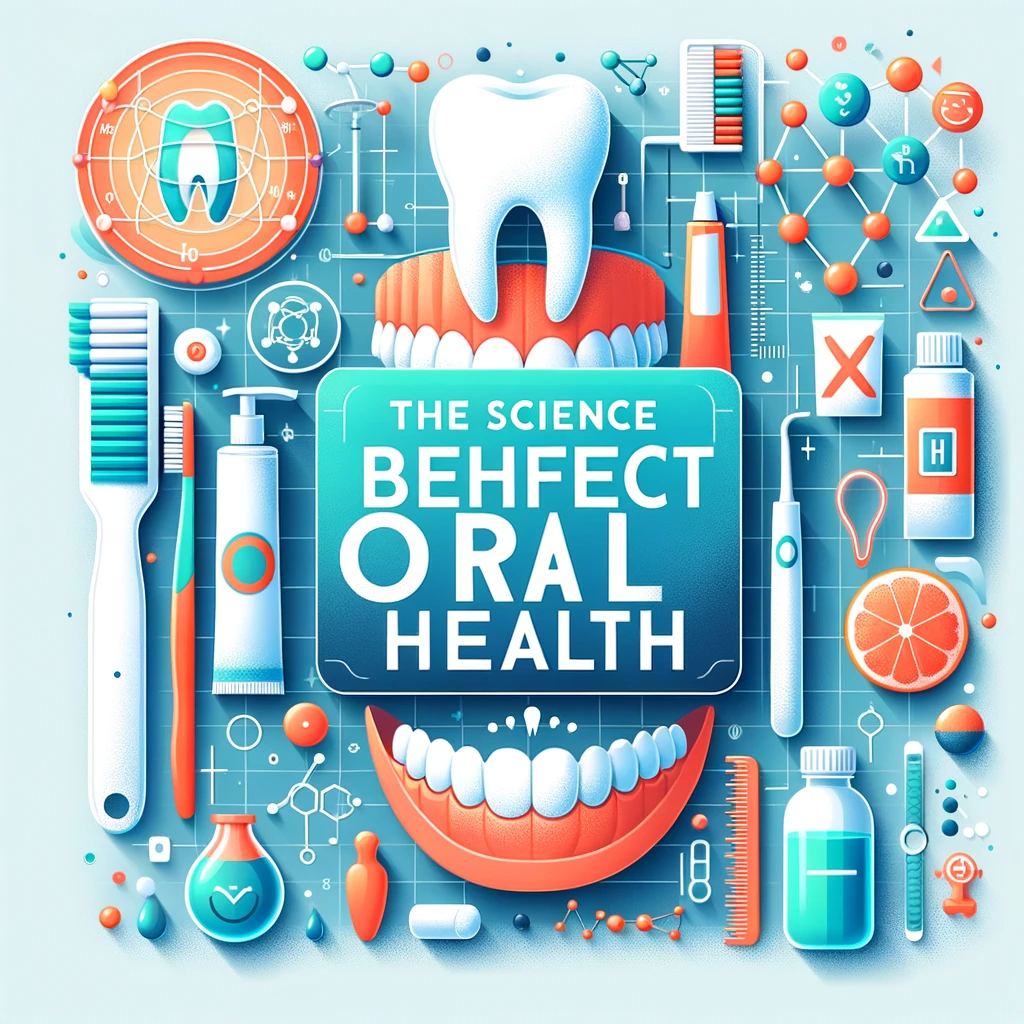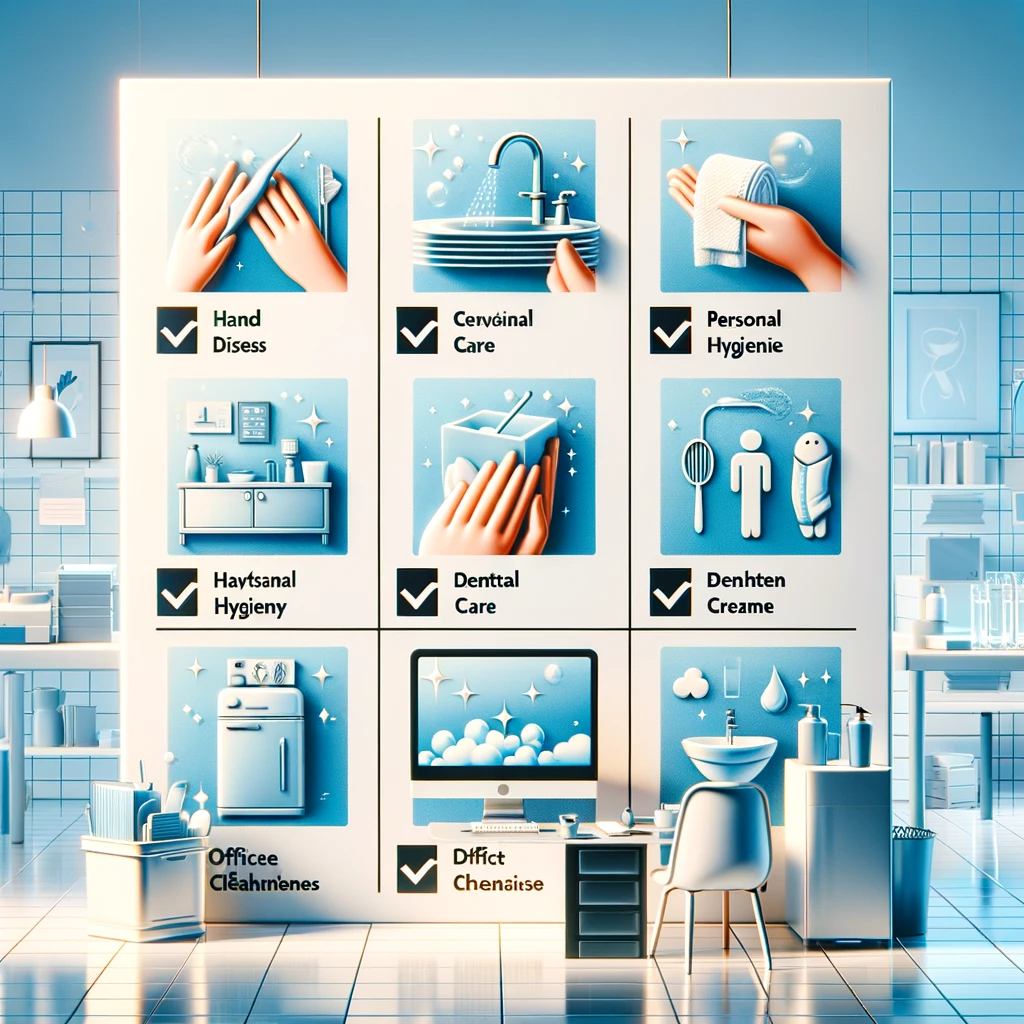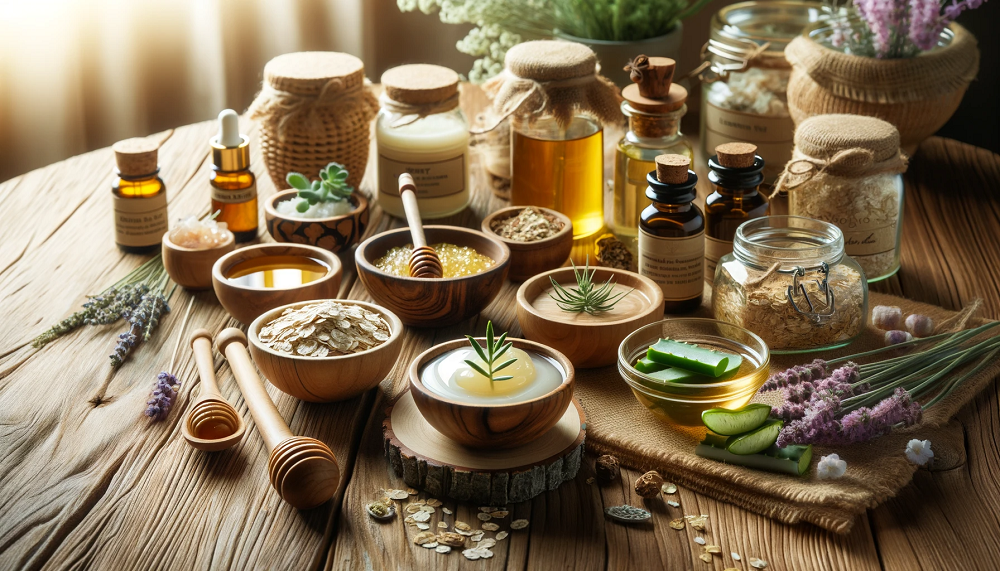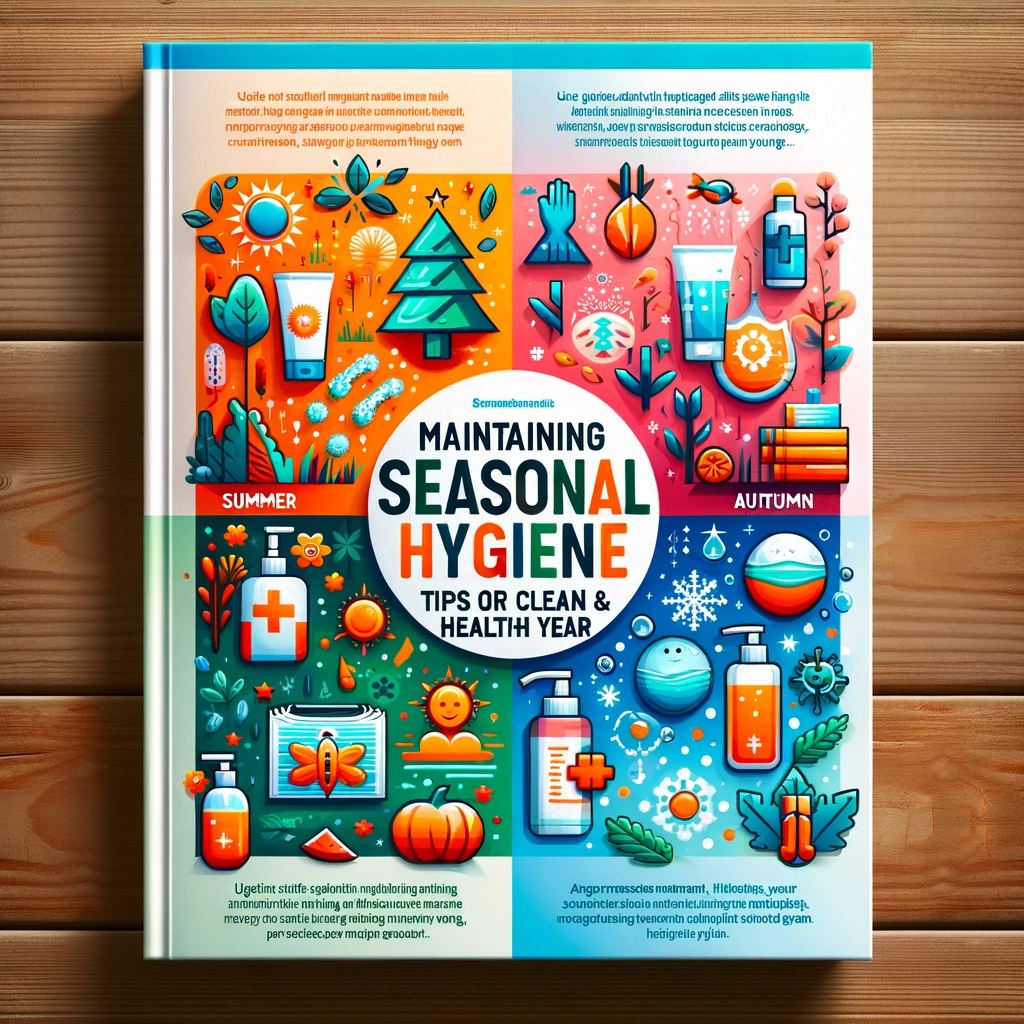Hygiene and Aging: Aging is an inevitable part of life’s journey, marked by a series of physical and emotional changes. As we traverse the path of growing older, maintaining proper hygiene takes on a paramount significance. Contrary to common misconceptions, hygiene remains an essential factor that not only safeguards physical health but also plays a pivotal role in preserving emotional well-being, confidence, and independence. In this comprehensive exploration, we will delve into the importance of hygiene throughout the aging process, debunking prevalent myths along the way. From skin care to oral hygiene, and from practical improvements to the emotional and psychological benefits of good hygiene, we will uncover the key aspects of how seniors can embrace and maintain proper hygiene to lead fulfilling and vibrant lives during their golden years.
| Hygiene Area | Tips for Older Adults |
|---|---|
| Bathing and Showering | – Bathe or shower regularly to keep skin clean. |
| – Use mild, moisturizing soaps to prevent dryness. | |
| Oral Hygiene | – Brush teeth at least twice a day and floss daily. |
| – Schedule regular dental check-ups. | |
| Handwashing | – Wash hands frequently, especially before eating. |
| Nail Care | – Keep nails trimmed and clean to prevent infections. |
| Hair Care | – Maintain a regular hair washing and grooming routine. |
| Dressing | – Choose comfortable, easy-to-put-on clothing. |
| – Consider adaptive clothing for ease of use. | |
| Bathroom Safety | – Install grab bars in the bathroom for stability. |
| – Use non-slip mats to prevent falls. | |
| – Adjust toilet seats and sinks to an accessible height. | |
| Assistive Devices | – Consider shower chairs, handheld showerheads, or other assistive devices. |
| Incontinence Care | – Use appropriate products and follow a consistent routine. |
| Routine | – Establish a consistent daily hygiene routine. |
| Hydration | – Stay adequately hydrated for overall skin health. |
| Professional Help | – Seek assistance from caregivers or home health professionals if needed. |
| Denture Care | – If you have dentures, clean and maintain them properly. |
The Importance of Hygiene Throughout the Aging Process
Aging is a natural part of life, and it brings with it a series of physical, mental, and emotional changes. As we get older, it becomes increasingly important to pay attention to our hygiene practices. Good hygiene not only helps maintain physical health but also plays a crucial role in preserving emotional well-being and self-confidence. In this article, we will explore the significance of hygiene throughout the aging process and debunk some common myths surrounding it.
The Aging Process and Hygiene
Aging is a beautiful journey filled with wisdom and experiences, but it also comes with unique challenges. Our bodies undergo changes, such as reduced skin elasticity, a slower metabolism, and potential health issues. These changes can affect our ability to maintain good hygiene, but they also underscore the importance of doing so.
Common Myths About Hygiene and Aging
Before diving into the specifics of hygiene for older adults, let’s address some common misconceptions that have led to myths surrounding hygiene and aging:
Myth #1: Older Adults Don’t Need to Bathe as Often
One of the most prevalent myths about hygiene and aging is that older adults don’t need to bathe as frequently as younger individuals. Some believe that because seniors may be less active, they sweat less and, therefore, require fewer showers. This notion is far from accurate.
Debunking Myth #2: Older Adults Don’t Need to Bathe as Often
While it’s true that older adults may not engage in strenuous physical activities as often as younger individuals, the need for regular bathing remains constant. Bathing serves several essential purposes, regardless of age.
Firstly, it helps maintain skin health. As we age, our skin becomes more vulnerable to dryness, irritation, and infection. Regular baths or showers with gentle cleansers can prevent these issues and promote overall skin well-being.
Secondly, bathing is a fundamental aspect of personal hygiene. It removes sweat, dirt, and bacteria from the body, reducing the risk of skin infections and unpleasant odors. Good hygiene practices contribute to an individual’s overall sense of well-being, confidence, and social interactions.
Thirdly, bathing provides an opportunity for older adults to monitor their bodies for any changes or issues. This self-examination can lead to early detection of skin problems, bruises, or injuries, allowing for timely medical intervention.
Myth #3: Aging Negatively Affects Oral Hygiene
Another common myth is that oral hygiene becomes less important as individuals age. Some believe that because aging often brings dental issues like tooth loss or gum problems, there is less need for regular dental care. However, this myth couldn’t be further from the truth.
Debunking Myth #4: Aging Negatively Affects Oral Hygiene
Oral hygiene remains critical throughout one’s life, and if anything, it becomes even more important as we age. Several factors contribute to this increased importance:
- Dental Health and Overall Well-being: Oral health is closely linked to overall health. Gum disease and dental infections can lead to more severe health problems, including cardiovascular diseases and diabetes. Regular dental check-ups, cleanings, and good oral hygiene practices are vital for preventing these issues.
- Preserving Remaining Teeth: Older adults may have fewer natural teeth remaining, making each tooth’s preservation crucial. Proper oral hygiene helps prevent tooth decay, gum disease, and tooth loss, allowing individuals to maintain their ability to eat, speak, and smile comfortably.
- Denture Care: For those with dentures, proper cleaning and maintenance are essential. Neglecting denture hygiene can lead to discomfort, infections, and oral health problems.
- Dry Mouth: Many medications taken by older adults can cause dry mouth, which increases the risk of cavities and gum disease. Staying hydrated and practicing good oral hygiene can mitigate these risks.
Debunking Myth #5: Skin Care is Less Crucial with Age
A prevalent myth surrounding aging is the belief that as we get older, skin care becomes less important. This misconception couldn’t be further from the truth. In fact, proper skin care remains crucial throughout the aging process. Let’s debunk this myth and explore why skin care is as vital as ever for older adults.
As we age, several changes occur in the skin, including a decrease in collagen production, reduced oil secretion, and a thinner epidermis. These changes can lead to dryness, wrinkles, and increased vulnerability to skin issues. Neglecting skin care can exacerbate these problems, so it’s essential to maintain a skin care routine tailored to the unique needs of aging skin.
Maintaining Proper Hygiene in Your Golden Years
Maintaining proper hygiene in your golden years is essential for overall well-being and quality of life. As we age, our bodies may become less agile, and daily tasks can become more challenging. However, this should not deter us from practicing good hygiene. Here are some key tips for seniors to ensure they maintain proper hygiene:
- Regular Bathing or Showering: Continue to bathe or shower regularly to keep your skin clean and healthy. Use mild, moisturizing soaps to prevent dryness and irritation.
- Oral Hygiene: Pay extra attention to dental care. Brush your teeth at least twice a day, floss regularly, and visit your dentist for check-ups. Proper oral hygiene is essential for maintaining overall health.
- Handwashing: Wash your hands frequently, especially before eating or touching your face. Hand hygiene is crucial in preventing the spread of infections.
- Nail Care: Keep your nails trimmed and clean to prevent infections and discomfort.
- Hair Care: Maintain a regular hair washing and grooming routine. If needed, consider shorter hairstyles that are easier to manage.
- Dressing: Choose comfortable, easy-to-put-on clothing to make dressing simpler. Consider adaptive clothing if you have mobility or dexterity issues.
- Assistive Devices: If mobility is a challenge, consider using assistive devices like shower chairs, grab bars, or handheld showerheads to make hygiene tasks safer and more manageable.
- Incontinence Care: If you experience incontinence, use appropriate products and follow a consistent hygiene routine to stay clean and comfortable.
Remember that maintaining proper hygiene not only promotes physical health but also boosts self-esteem and confidence. It allows you to engage more comfortably in social activities and enjoy a higher quality of life.
Hygiene Improvements for Aging Adults
To make the process of maintaining good hygiene easier and more effective, consider implementing these hygiene improvements for aging adults:
- Accessible Bathroom Modifications: Install grab bars in the bathroom, use non-slip mats, and adjust the height of toilet seats and sinks to enhance bathroom safety and accessibility.
- Hygiene Products: Explore a wide range of hygiene products designed specifically for older adults, such as long-handled sponges, electric toothbrushes, and easy-grip grooming tools.
- Professional Help: If necessary, seek assistance from caregivers or home health professionals who can provide support with hygiene tasks.
- Hydration: Stay adequately hydrated to maintain skin health and overall well-being.
- Routine: Establish a consistent daily hygiene routine to ensure that all necessary tasks are completed.
Staying Active and Independent Through Good Hygiene
Proper hygiene plays a pivotal role in staying active and independent as you age. When you maintain good hygiene practices, you reduce the risk of infections, skin issues, and dental problems that can limit your mobility and independence. By staying active and independent, you can continue to enjoy a fulfilling and engaged lifestyle well into your golden years.
The Emotional and Psychological Benefits of Good Hygiene in Aging
Beyond the physical benefits, good hygiene offers substantial emotional and psychological advantages for aging adults. Maintaining personal cleanliness and grooming routines can boost self-esteem and confidence. Feeling clean and well-groomed often leads to a more positive self-image and increased comfort in social interactions. Additionally, good hygiene can contribute to a sense of normalcy and routine, promoting mental well-being.
Final Thoughts:
we have dismantled the myths surrounding hygiene and aging, emphasizing its indispensable role throughout the aging process. Maintaining proper hygiene isn’t just about cleanliness; it’s a fundamental aspect of physical well-being, emotional stability, and the preservation of independence. By adopting good hygiene practices, older adults can navigate their golden years with confidence, enjoying an enhanced quality of life. From skin care to oral hygiene, and from practical improvements to the emotional and psychological advantages, embracing proper hygiene is a cornerstone of aging gracefully and living life to the fullest. So, start your journey to a healthier, happier aging process today by prioritizing the importance of hygiene in your life.
FAQs:
1. Why is hygiene important as we age?
- Hygiene is crucial as we age because it helps maintain physical health, prevents infections, and promotes emotional well-being. Proper hygiene also plays a significant role in preserving self-esteem and confidence.
2. Do older adults need to bathe as often as younger individuals?
- Yes, older adults should continue to bathe regularly. While the frequency may vary from person to person, maintaining good hygiene, including regular bathing, is essential to prevent skin issues and infections.
3. Is oral hygiene less important for seniors?
- No, oral hygiene remains vital for seniors. In fact, it becomes even more critical as aging can lead to dental issues. Regular dental check-ups, daily brushing, flossing, and denture care are essential for oral health.
4. Are there any specific skin care routines for older adults?
- Yes, older adults should focus on skin care routines that address age-related concerns such as dryness, thinning skin, and wrinkles. Using moisturizers, gentle cleansers, and sunscreen are key components of an effective skin care regimen.
5. How can I maintain proper hygiene in my golden years?
- To maintain proper hygiene in your golden years, establish a consistent daily routine, make your bathroom more accessible, use assistive devices if needed, and seek professional help if necessary.
6. Are there any hygiene improvements designed for aging adults?
- Yes, there are various hygiene products and modifications available for aging adults, including adaptive clothing, assistive bathroom devices, and grooming tools designed for ease of use.
7. Can good hygiene practices help seniors stay active and independent?
- Yes, maintaining good hygiene can significantly contribute to staying active and independent. It reduces the risk of infections and health issues that can limit mobility and independence.
8. What are the emotional and psychological benefits of good hygiene in aging?
- Good hygiene boosts self-esteem, confidence, and a positive self-image. Feeling clean and well-groomed often leads to increased comfort in social interactions, promoting emotional well-being.
9. How can I start improving my hygiene habits as I age?
- Begin by establishing a consistent daily hygiene routine. Consult with healthcare professionals or caregivers for guidance if necessary. Embrace hygiene products designed for seniors and make necessary adjustments to your living space for accessibility.
10. Is it too late to start practicing better hygiene in my older years?
- It’s never too late to start practicing better hygiene. Regardless of your age, adopting good hygiene habits can lead to improved physical and emotional well-being, enhancing your overall quality of life.

